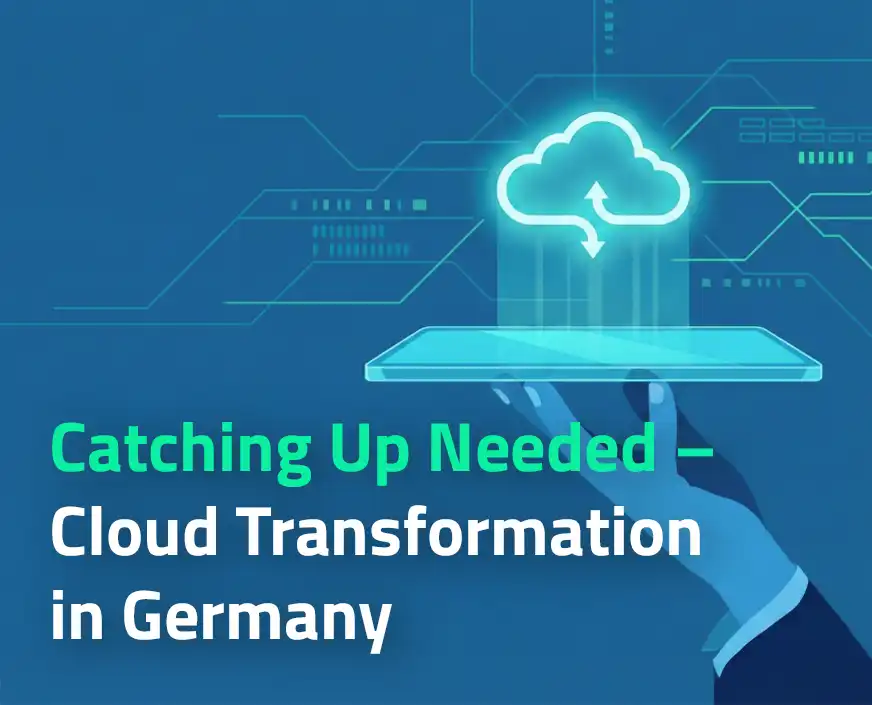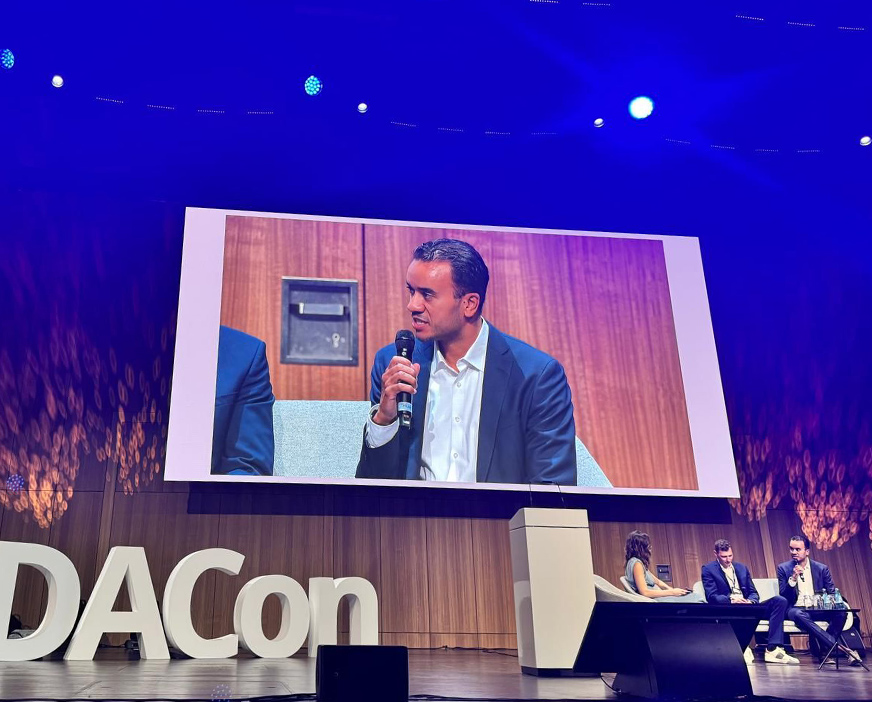Cloud security starts at many points
“There are good reasons to move data and services to a cloud environment: flexibility, scalability and cost efficiency clearly speak in favor of the cloud. However, the risks must also be considered and managed. An important aspect is data security: Since the data is stored in external data centers, it is potentially exposed to attacks – sensitive information can be intercepted or manipulated.
Therefore, it is essential that companies use appropriate encryption mechanisms for the transmission and storage of their data. There is already a high level of awareness of security in companies: In the Cloud Report of the Bitkom Association in 2024, almost all respondents (99 percent) stated that trust in the IT security, data protection and compliance of a cloud provider is a must-have criterion when making a selection.
Caution with shared responsibility structures
The identity and access management is also a potential gateway for attackers: Faulty or excessively generous access rights can lead to unauthorized persons accessing sensitive systems. To prevent unauthorized access, it is recommended to implement a zero-trust model and ensure the consistent use of multi-factor authentication.
The shared responsibility structure of the cloud also poses a certain challenge. Cloud providers are responsible for the security of the infrastructure, but it is up to customers to protect their applications and data. Misinterpretations of these responsibilities can easily lead to security gaps if companies assume that the provider will take over complete protection.
Inadequately configured cloud services also pose a risk. Misconfigurations, such as publicly accessible storage areas, are potential points of attack. If regular audits and automated security checks are carried out, such vulnerabilities can be identified and remedied at an early stage.
Cloud security requires a holistic approach
When it comes to security, companies must also look inward: Cloud environments are vulnerable to so-called insider threats. Employees with extensive access rights can intentionally or unintentionally compromise data. To minimize this risk, strict access policies and continuous training should be established. Since different legal requirements for handling data may apply depending on the industry and region, companies must know and comply with the respective requirements. Otherwise, legal consequences and reputational damage are imminent.
The complex security risks of the cloud therefore require comprehensive and continuous security management. Companies should invest in modern security solutions, raise employee awareness and regularly adapt their security strategies to the current threat situation in order to effectively protect their data and systems.
In addition, it is advisable to carry out regular penetration tests to put your own security infrastructure to the test and proactively identify vulnerabilities. Because only a holistic security approach can effectively master the diverse dangers in order to establish cloud security.”







